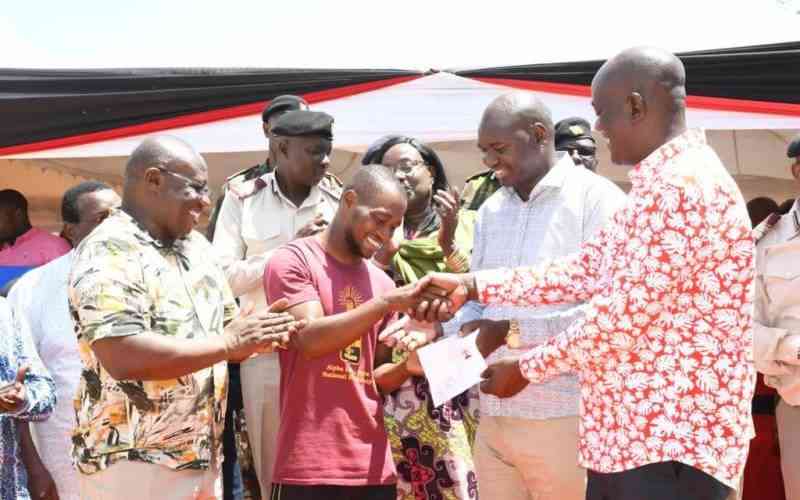×
The Standard e-Paper
Fearless, Trusted News

Ghariba Hamisi is one of the members of the stateless Pemba tribe that forged Kenyan identity cards and birth certificates to enable them to get formal education. But all that is in the past as the forged documents have been destroyed.
Hamisi and other members of the Pemba community have since obtained official IDs and birth certificates for free after President William Ruto declared the Pemba as the newest tribe of Kenya.